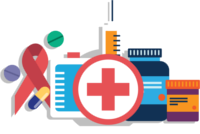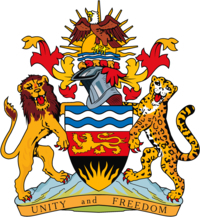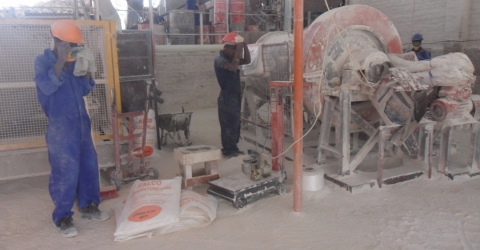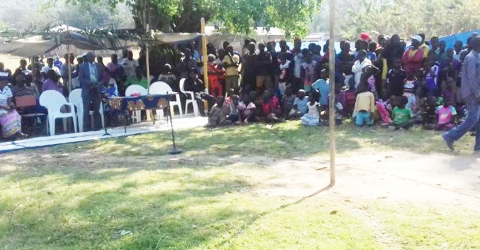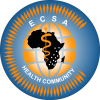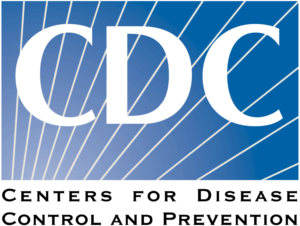
For over 50 years, most foreign mine workers in South Africa return to their home countries after retrenchment or closure of the mines without accessing their social benefits. Currently, South Africa has unclaimed legal benefits totalling R4 Billion for occupational lung diseases, including TB and R55 Billion for injury compensation in the work place. Malawi is one of the hardest hit countries with a population of ex-miners estimated at over 50,000.
Southern Africa Miners Association (SAMA), a regional organization comprised of ex-mine workers is partnering with Southern Africa Trust (SAT), the government of South Africa and Malawi and the NEPAD Agency under the Southern Africa Tuberculosis and health Systems Support (SATBHSS) project to establish linkages that will facilitate access to unclaimed social benefits in South Africa for Malawian ex-miners.
Commissioner at the Compensation Commission at the Department of Health in South Africa, Dr Barry Kistnasamy explained that there are two kinds of compensation services that the Malawian ex-miners are entitled to if they qualify and meet the criteria. These compensation services include; occupational lung diseases and accidents that happened at the work place resulting in injury and/or loss of livelihood.
“Injury compensation is easy because the resulting disability is visible, but occupational lung diseases are more difficult as they can take up to 10-30 years for the symptoms to develop and can only be identified by a legal medical practitioner,” Dr Kistnasamy explained.
In order to qualify for compensation services from the unclaimed benefits, the Malawian ex-miners have to undergo a thorough medical assessment including; chest X-ray, lung function test, heart test, test for hearing loss, silicosis, etc. to ascertain the disease presence. SAMA President, Rantsi Mantsi explained that the compensation services cover the period from 1965 – 2015 and their objective is to coordinate ex-miners and link them up with the relevant government authorities, and organizations to ensure they access their legal entitlements.
“We are opening formal channels with responsible authorities to ensure that ex-miners and their families access the social benefits they are entitled to,” SAMA President, Mantsi said.
SAMA General Secretary further said that their members are ex-miners and the pain of these ex-miners is the same regardless of geographical boundaries i.e. borders. He explained that South Africa currently has a database of the ex-miners who have unclaimed benefits, and they need to undergo a medical examination to qualify for the unclaimed benefits. If the ex-miner has died, his/her family member can claim these benefits on their behalf.
NEPAD Agency is working with SAMA, SAT and the governments of Malawi and South Africa to establish an in-country centre in Malawi where the ex-miners can easily access medical examinations. After the medical examination, processes are being established to send their documents to South Africa for a medical team to evaluate the results. The current situation requires that ex-miners travel physically to South Africa to undergo the medical examinations. The above approach will help to accelerate access to the social benefits.
In association with Ex-Miners Association of Malawian, a recent combined team of the above organizations visited two villages in Lilongwe and Ncheu Boma to meet with the ex-miners on 6th and 7th September 2017. The combined team took this opportunity to explain to the ex-miners the right legal processes that have to be followed to access these social benefits, and dispel rumours perpetuated by mis-information from some sectors of society.
In addition, the combined team also distributed educational materials in local languages for information purposes and to raise awareness in the villages. One of the biggest challenge for the ex-miners has been access to the right information on processes for accessing their entitlements and the distributed materials will help to address this by documenting step-by-step the processes that needs to be followed in local languages using simple infographics.
